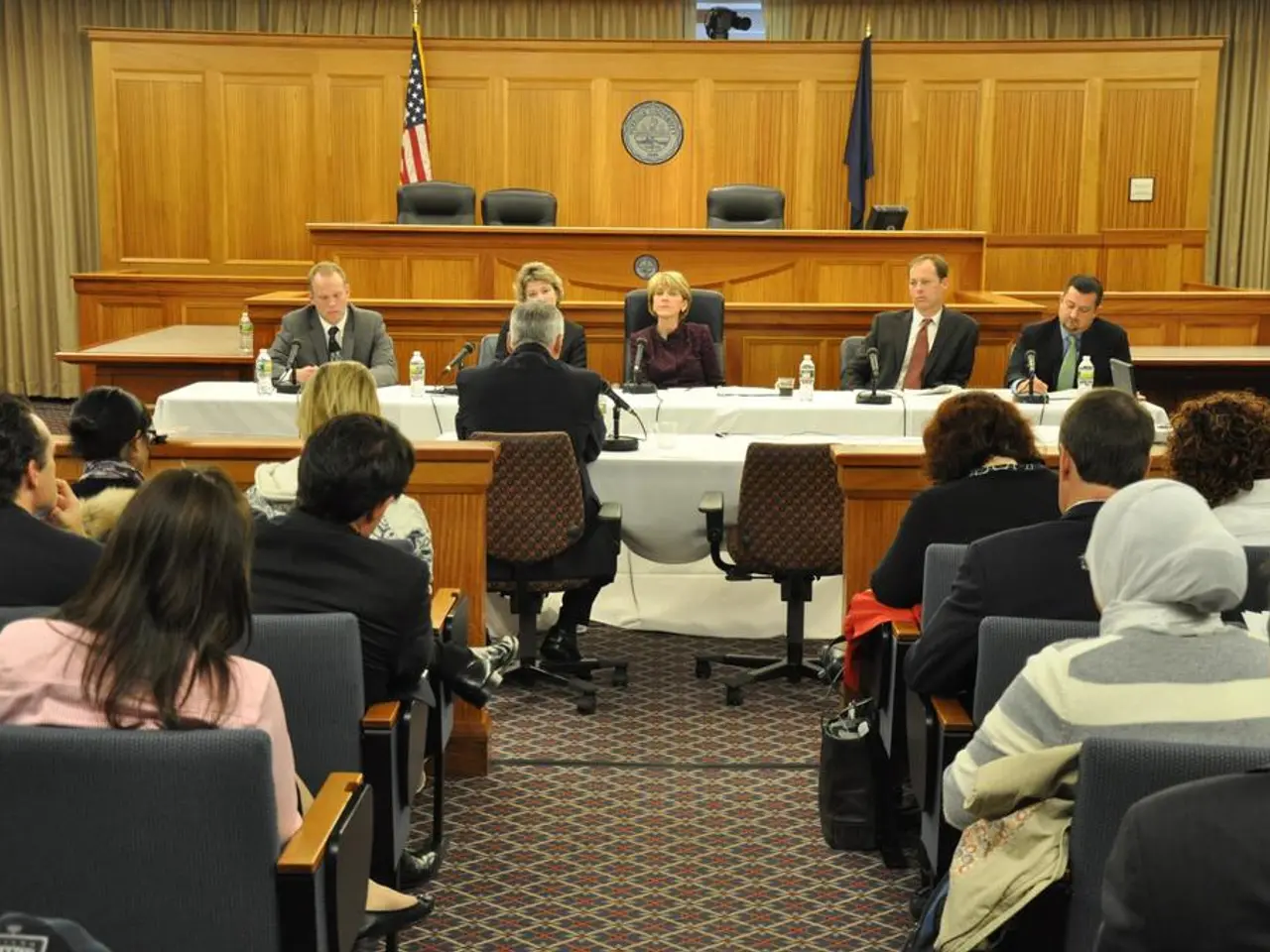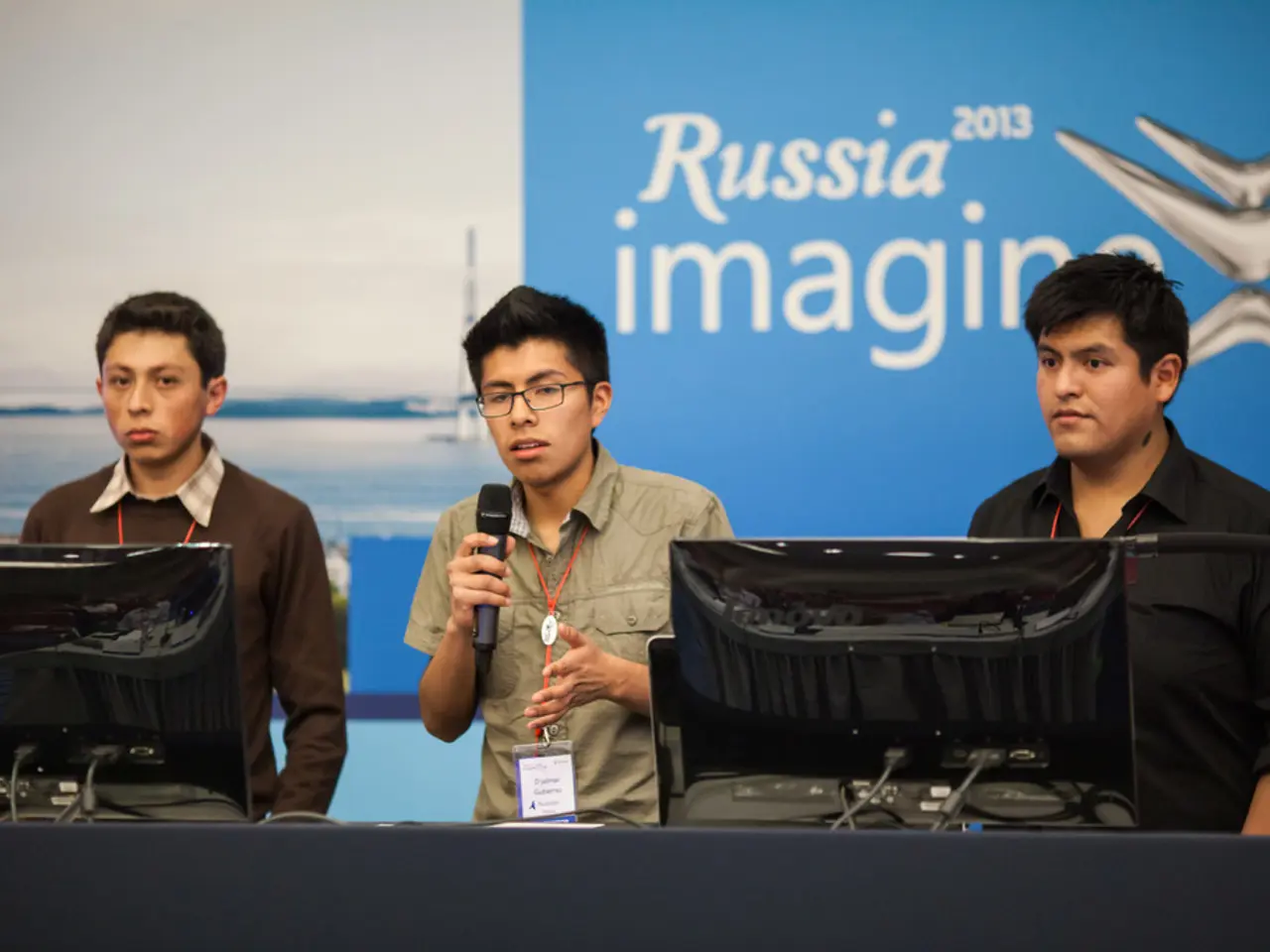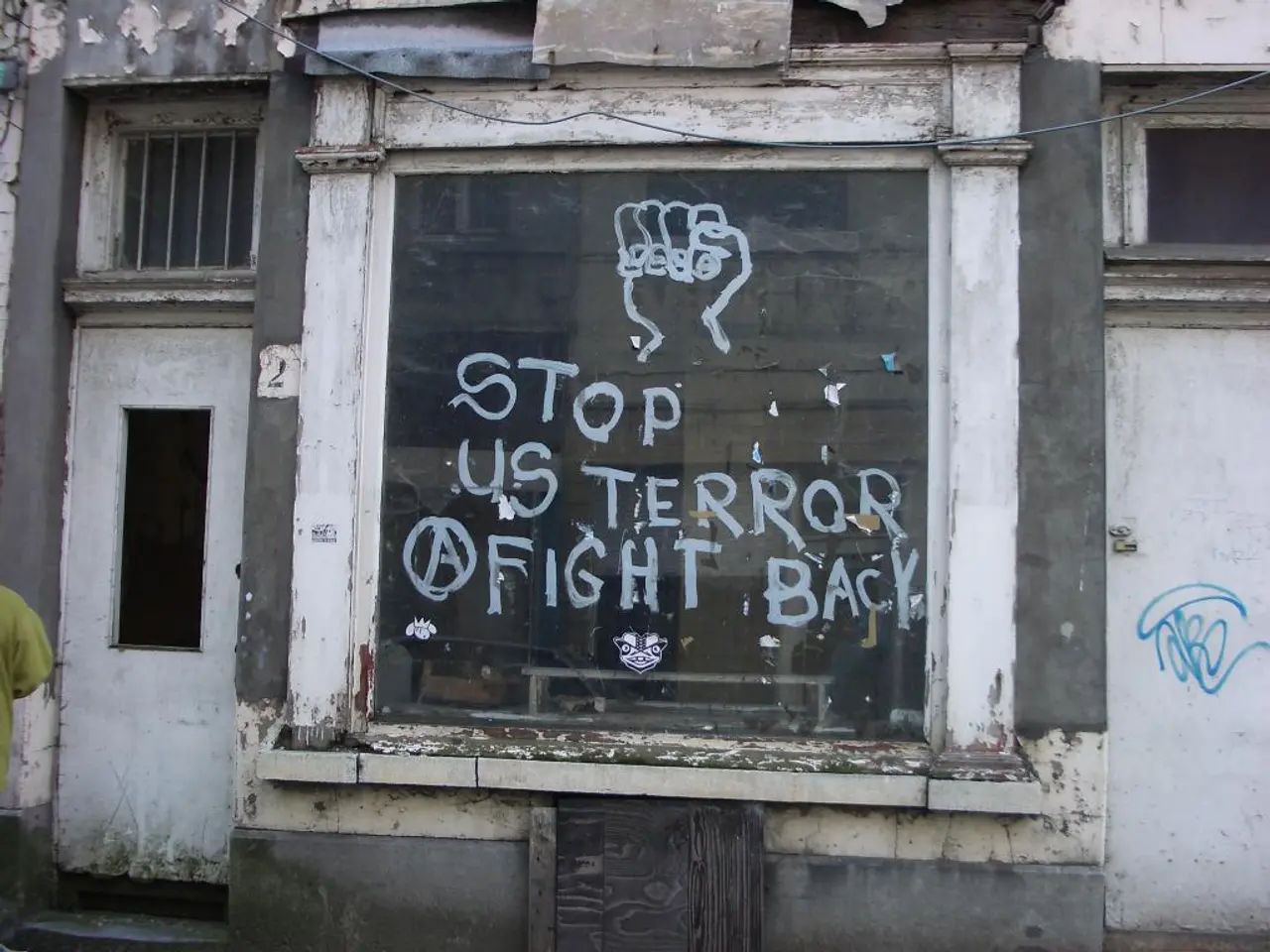Unions speak out, alleging that the city and authorities neglect ongoing issues, in reference to the scandalous regulations they are advocating for.
In a landmark decision, the Torino Tribunal has condemned both the Questura of Turin and the Italian Ministry of the Interior for the poor treatment of migrants at the so-called "shame lines." These queues, often stretching for hours and even overnight, have been a significant point of controversy and legal/social conflict in recent years.
Historical Context and Situation
The Questura in Turin has long been criticized for inefficient, overcrowded, and disorganized management of immigration-related administrative procedures, especially for vulnerable populations such as asylum seekers. The term "shame lines" emerged from reports and testimonies highlighting how migrants were often forced to queue under difficult conditions, with little information or assistance, creating situations perceived as humiliating or degrading.
Judicial Condemnation
The tribunal recognized that these practices violated fundamental rights concerning dignity, procedural fairness, and access to essential services. This condemnation put official and public scrutiny on the Questura and Ministry’s operational procedures and called for reforms to eliminate degrading practices and improve transparency and efficiency.
Responses from Police Unions and Organizations
Police unions and personnel representatives have generally defended the Questura staff, arguing that officers face excessive workload, understaffing, and bureaucratic constraints that impede their ability to manage the influx of applications properly. Some unions have criticized the tribunal’s condemnation as unfair scapegoating of frontline officers, emphasizing structural and resource deficiencies rather than willful misconduct.
Conversely, human rights groups, migrant advocacy organizations, and immigrant support NGOs have welcomed the condemnation as an important step toward improving conditions. These groups have pushed for clearer guidelines, increased staffing, streamlined administrative processes, and training focused on migrants’ dignity and rights.
Developments and Current Status
Following the tribunal ruling, the Ministry of the Interior announced initiatives aimed at modernizing the Questura’s procedures, including digitization of applications and appointment systems to reduce queues. Some pilot projects and reforms aimed at improving service quality and reducing wait times have been reported, though comprehensive changes remain a work in progress.
The “shame lines” as physical queues may have diminished, but systemic issues like backlog and complex bureaucratic requirements still persist at various levels. Ongoing monitoring by civil society and legal observers continues to pressure local and national authorities for full compliance with the tribunal’s findings and broader respect for migrant rights.
As of early-to-mid 2025, the staff available for the Immigration Office has not increased, and the Siulp union highlights that the change of pace to this new location took significant effort to achieve. The questura is now located on Corso Vinzaglio, near the new location of the Immigration Office on Corso Bolzano. New desks have been added to those already active in Via Dore, Via Botticelli, as well as those in the commissariats of Bardonecchia, Ivrea, and Rivoli.
The issue remains a contentious one, with ongoing debates about the necessity to balance security/administration concerns with humanitarian obligations and the integration of migrants. The Torino Tribunal's condemnation serves as a crucial reminder of the importance of upholding the dignity and rights of all individuals in the migration process.
1) The Torino Tribunal's condemnation of the Questura of Turin and the Italian Ministry of the Interior for their poor treatment of migrants has been a significant point of discussion in the realm of policy-and-legislation and general-news, as it highlights the need for reform in crime-and-justiceissues related to migration.
2) Following the Torino Tribunal's condemnation, the ongoing debate in politics revolves around striking a balance between security and administrative concerns, humanitarian obligations, and the integration of migrants, underscoring the importance of upholding migrants' dignity and rights in policy-and-legislation related to crime-and-justice.






